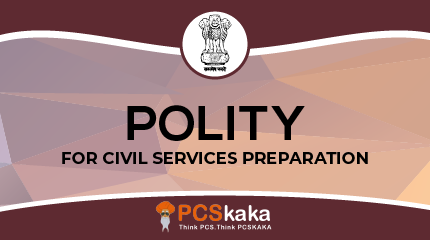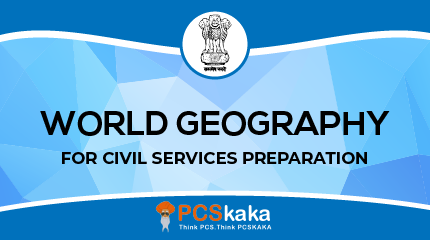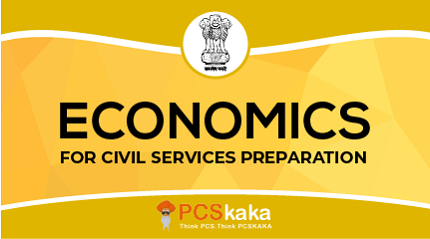

The system of government called polity is midway between democracy and oligarchy. The subject deals with the functioning of the government in the country. This gives an understanding of the legislative, executive, judicial systems and various constitutional authorities in the country.
Compared to previous year, Polity is moving towards governance and public administration type questions eg- Chief Secretary, Gram Nyayalayas.

82 Total Test
2460 Total Question
Scientifically designed for PCS
A must have for Civil services aspirant
IAS PCS SCC and others
Following areas are to covered from prelims exam perspective:
Citizenship
Fundamental Rights (FR)
Fundamental Duties(FD)
Directive Principles of State Policy (DPSP)
Union
Parliament
Judiciary
State Government- State Executive
State Legislature
Administration of Union Territories (UT)
Administration of Special Areas
Emergency Provisions
State- centre and interstate relations
Panchayati raj and municipalities
Constitution Bodies
Non-Constitutional Bodies
Tribunals
Special Provisions for SC’s, ST’s, Backward Classes, Minorities and Anglo-Indians
Current affairs
If you need further help, To email us : Click Here

12 Total Test
360 Total Question
Scientifically designed for PCS
A must have for Civil services aspirant
IAS PCS SCC and others

75 Total Test
2250 Total Question
Scientifically designed for PCS
A must have for Civil services aspirant
IAS PCS SCC and others